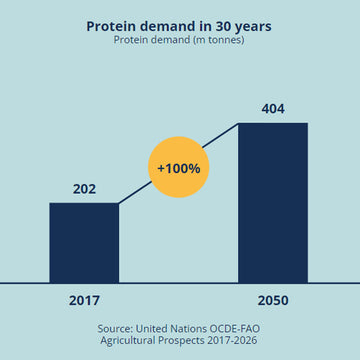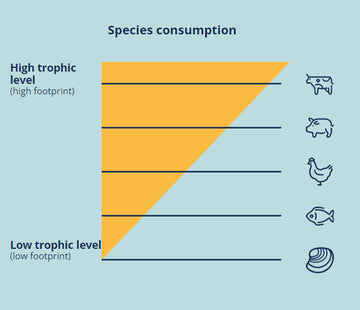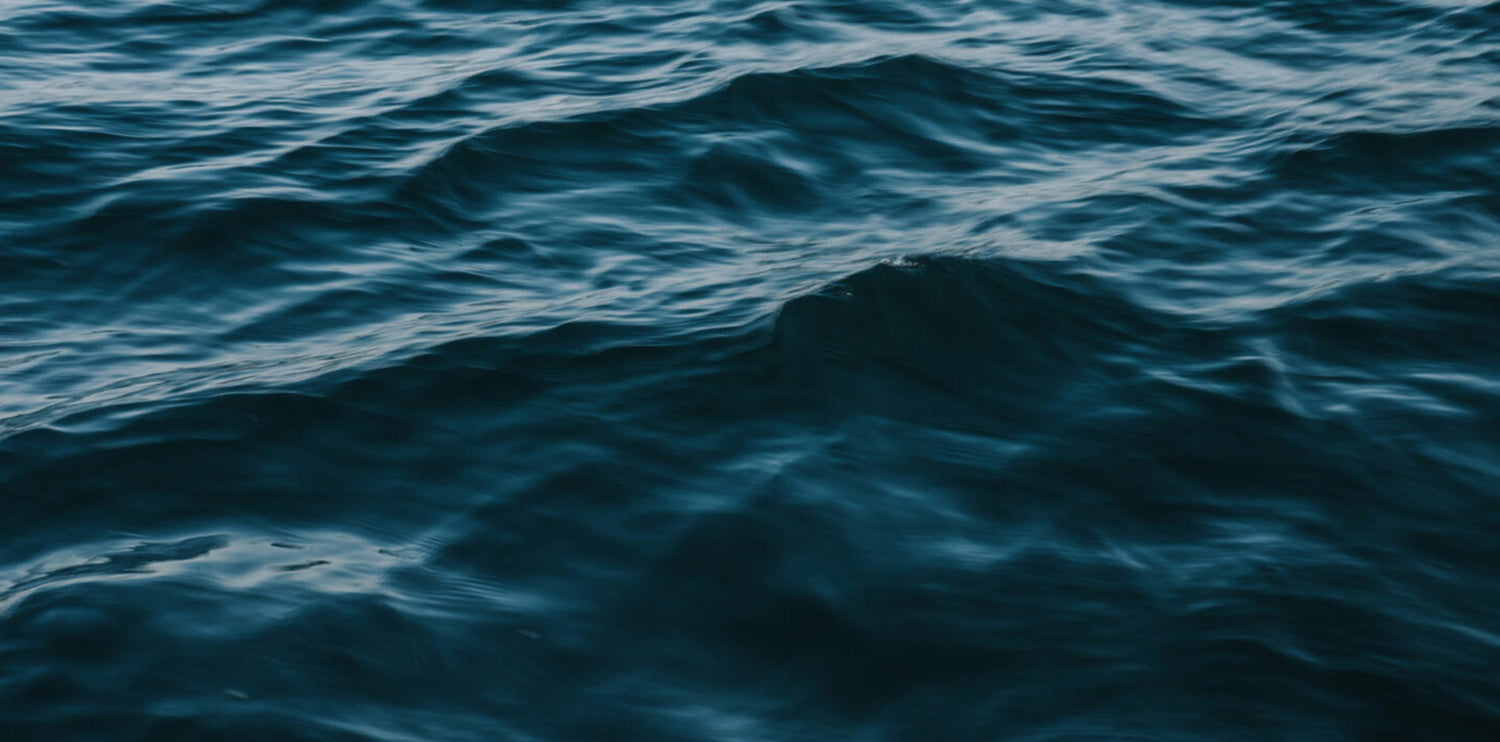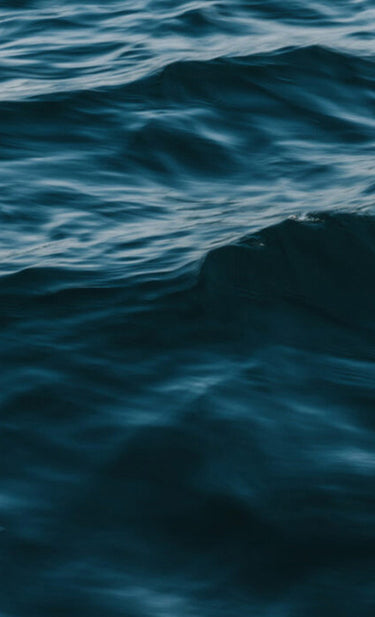PURPOSE
We can regenerate nature if we farm
and eat better.
and eat better.
Oceano Fresco is the first company in the world to carry out a sustainable cultivation of clams on a large scale...
By cultivating two species of clams at risk of extinction (Venerupis corrugata and Ruditapes decussatus) in the open sea farm in the Atlantic Ocean, Oceano Fresco is helping to diversify protein sources and regenerate marine biodiversity.
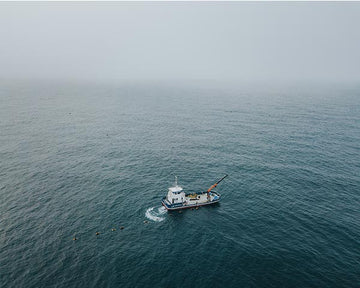
SUSTAINABILITY
At their core, bivalves are unbeatable.

Clams
"forever"
"forever"
With the hatchery, nursery and the open sea farm combination, we have control of the total life cycle from spawning, to seeding to adulthood. As such, we can cultivate in a continuous process, on a large scale and “forever”.
An almost perfect
species
species
Unlike other species, cultivating bivalves does not require fresh water, artificial foods or antibiotics. They feed exclusively on microalgae and do not need much energy input. Due to their filtering characteristics, they do not create significant waste and can even improve the quality of water.
Positive carbon
footprint (CO2)
footprint (CO2)
Bivalves capture large amounts of CO2 which they turn into shells. The more we farm, the bigger our positive carbon footprint.
“Sanctuary” effect
in open sea
in open sea
Cultivating bivalves in an open sea farm has an indirect effect of creating shelter for other marine species, which allows to create a “sanctuary” effect in the ocean. We are studying this positive impact on marine flora and fauna.
Restored
biodiversity
biodiversity
By breeding and cultivating endangered
European clam species, which are challenged due to the current overexploitation and overlapping of invasive species, we are improving ocean health and productivity by restoring the population and contributing to marine biodiversity.
Healthy protein
source
source
Bivalves, and clams in particular, are naturally high in protein and nutrition – they are a great source of various minerals, vitamin B12 and Omega-3.
CHALLENGE
If nature has a challenge, nature has the solution.
In the next 30 years the demand for protein is predicted to double. But the truth is that today’s main protein sources are unsustainable...
Climate change, loss of biodiversity, antimicrobial resistance, water pollution and water use are some of the reasons that place nature in the face of this new challenge.
A diet with foods from the bottom of the food chain such as shellfish, in particular clams, is the most natural solution. Bivalves are probably the best animal protein, in stark contrast to beef, poultry or aquaculture fish.
